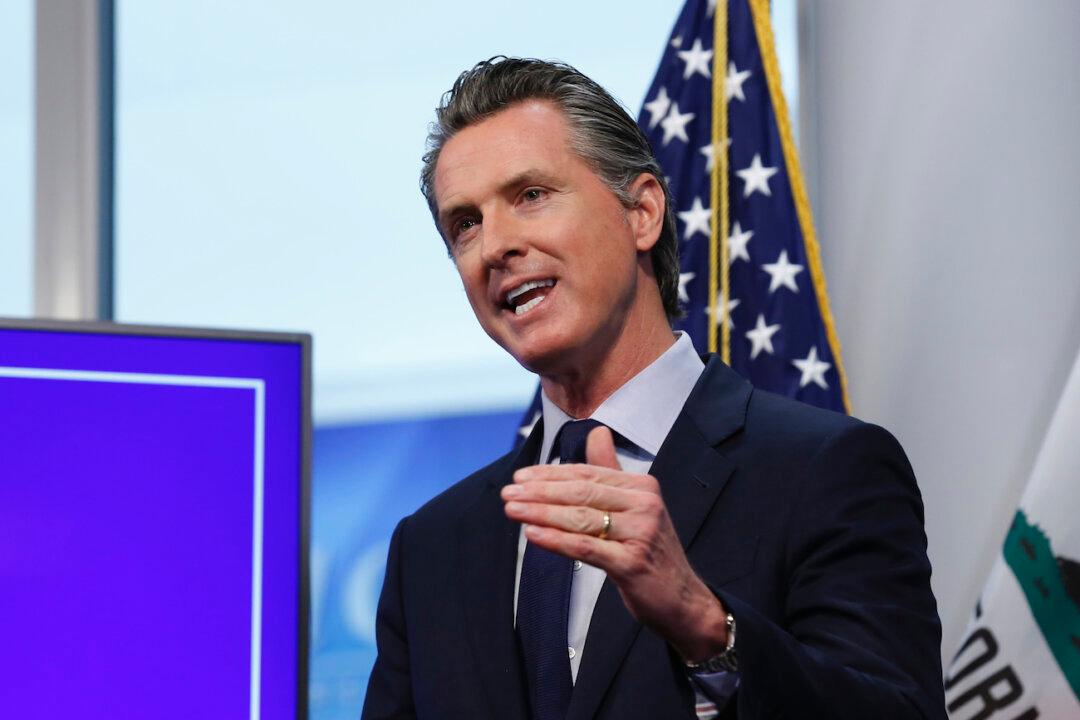California Gov. Gavin Newsom (D) announced that some businesses in the state will be allowed to reopen as early as Friday albeit with social distancing restrictions in place as part of efforts to still curb the spread of the CCP virus while allowing the economy to recover.
“We are entering into the next phase this week, end of the week,” Newsom said at a press conference. “With modifications, we will allow retail to start operating across the spectrum.”




